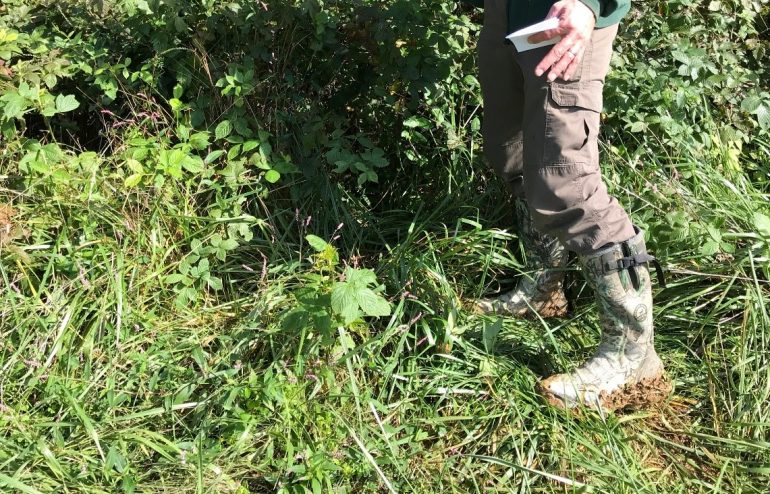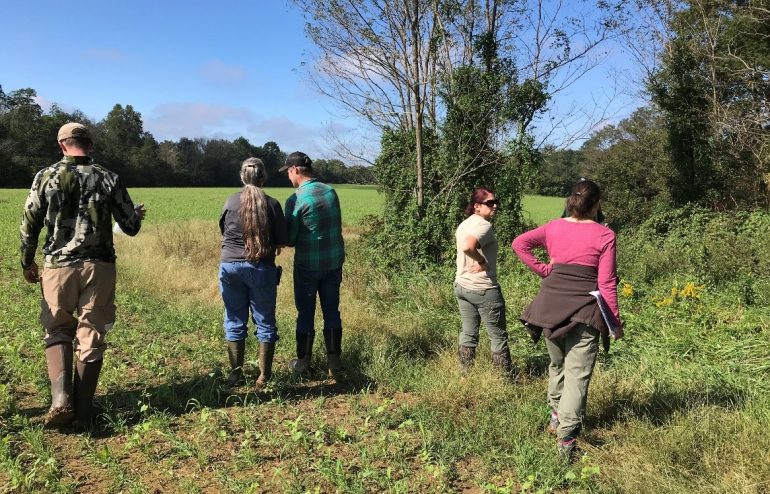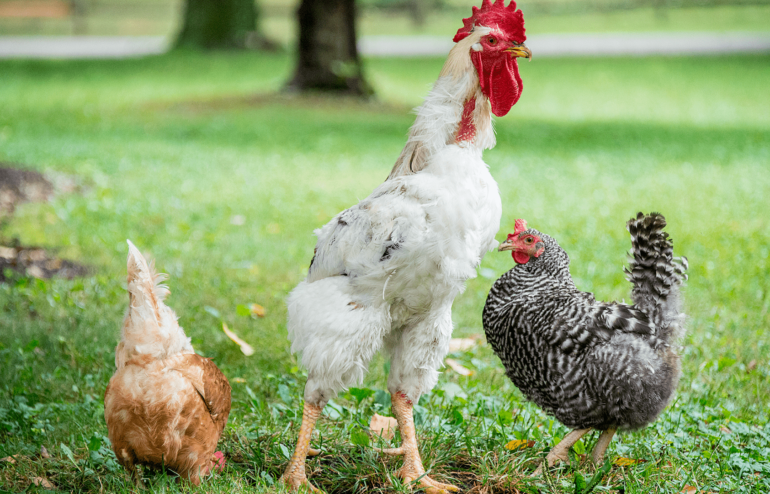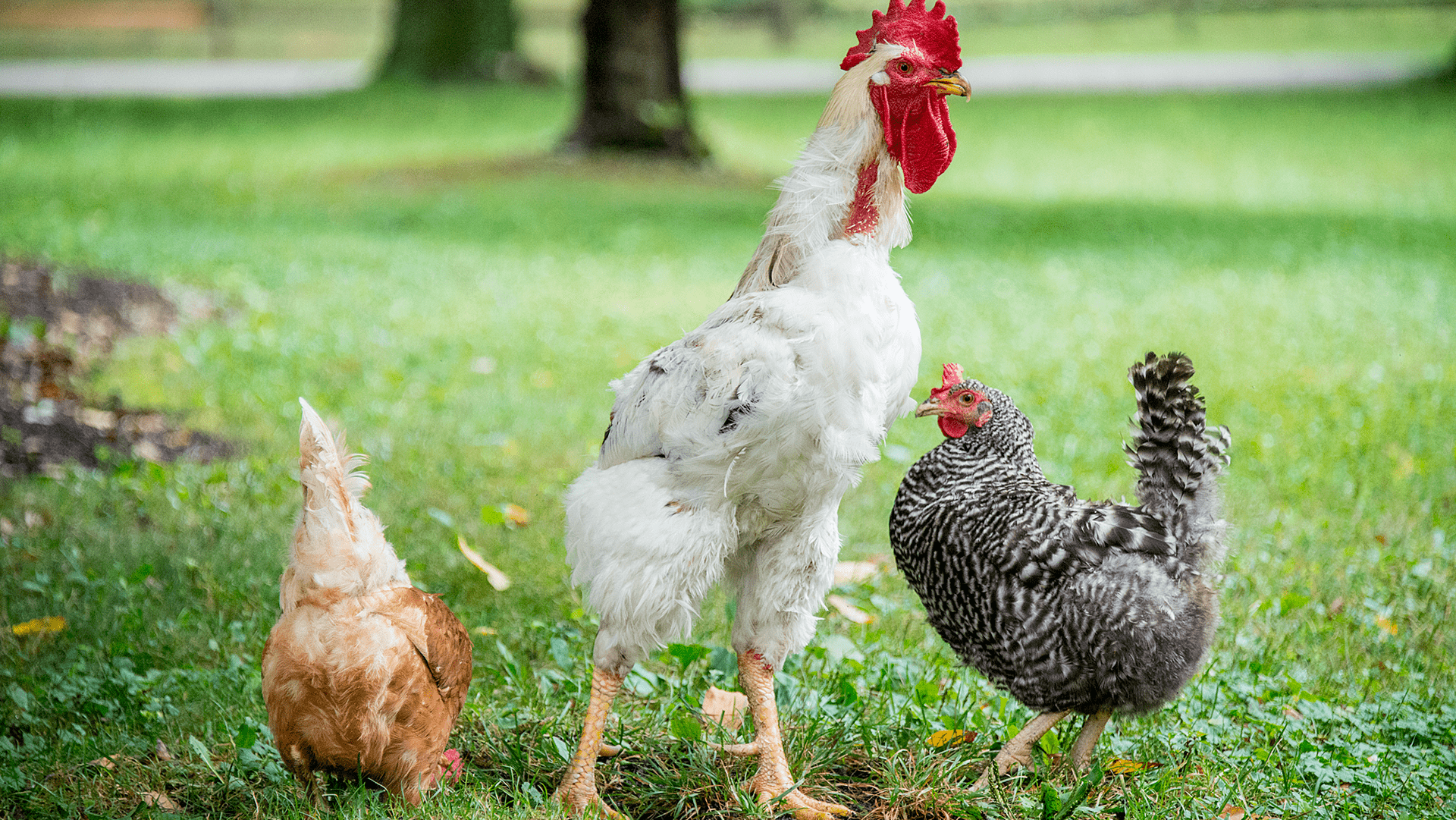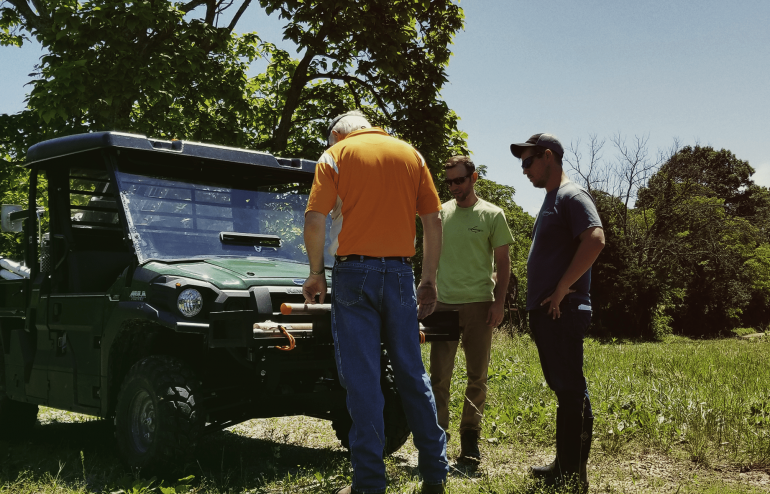During our time discussing quail habitat with our local Ohio Department of Wildlife agents we became curious if we could already have some quail populations at Greenacres Lewis Township. Although the habitat is not perfect for quail currently, the property does have some good things going for it. For instance, there are already “soft edges” around one of the large fields that we will be transitioning to NWSG pasture. Soft edges means that the transition from open field to woods is gradual and not abrupt. In other words, there are successional plant species between the field and the trees. These plants species, such as briars and other woody shrubs are needed for cover for bobwhite populations to succeed. Another promising fact is that Brown County (where the Lewis Township property is located) is one of the few counties in Ohio where Bobwhite quail populations have been surveyed recently.
One way to determine if we have quail currently is to do covey call counts. This time of year the birds form coveys (small groups of 10-12) and about 45 minutes before sunrise they begin their “covey calls” to re-assemble from the previous night (click here for an audio clip). To do call counts we need to be in the area of interest approximately an hour prior to sunrise. From that location will not only count the calls when heard but also try to locate from what direction the calls are originating. The next step would be to “flush” the coveys and count the birds as they fly up to escape. This can either be done with trained bird dogs or we can try to locate and flush the coveys ourselves.

